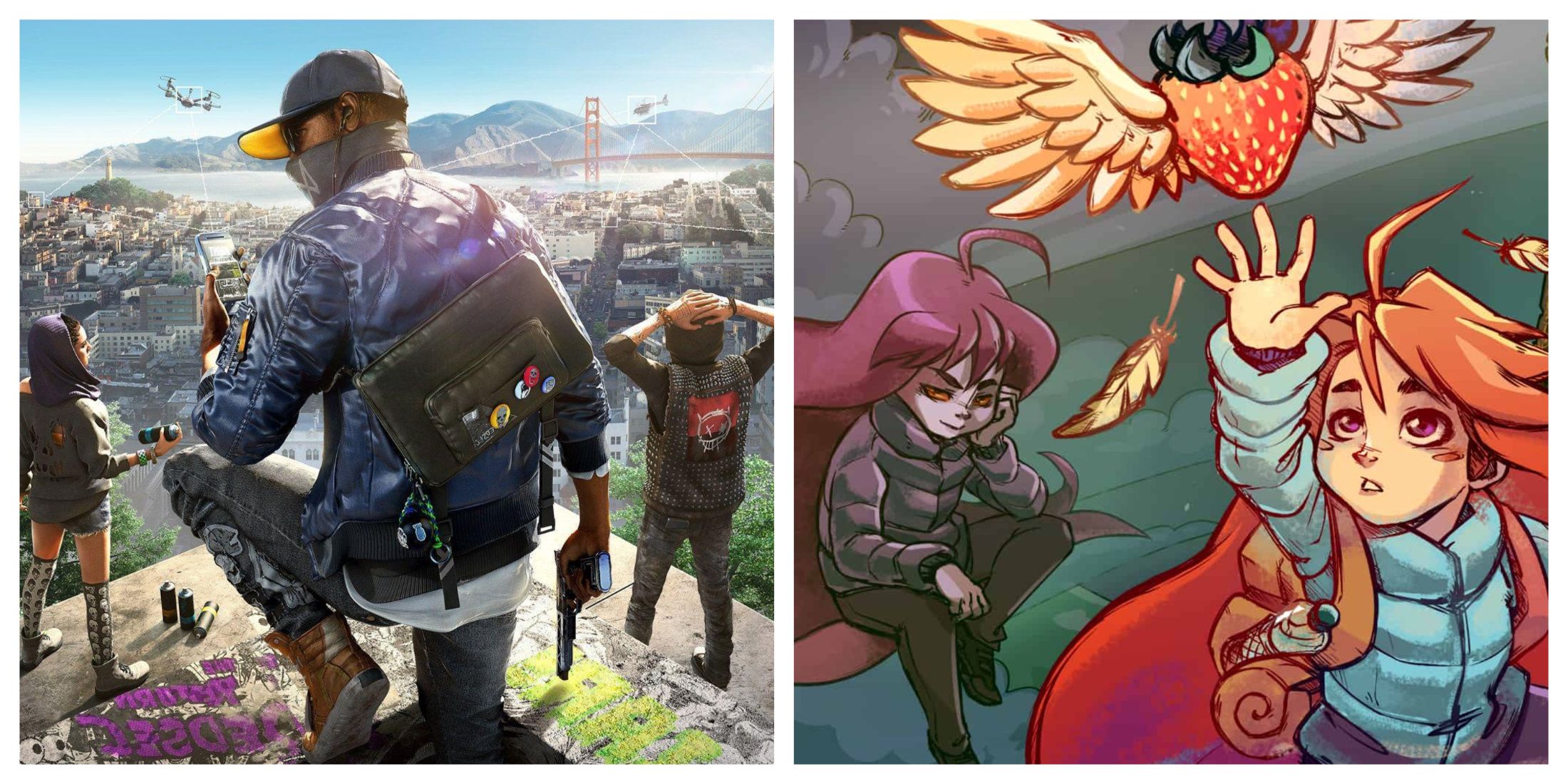
Summary
- Diverse cultures in games help bridge gaps without flattening identity.
- Games like Celeste include inclusivity in design through narrative and themes.
- Undertale and The Sims promote empathy and inclusivity without fanfare.
Discussions about inclusivity and diversity, particularly gender diversity in video games, as well as cultural accuracy, have become some of the most debated (and divisive) issues in the gaming world. These topics range from enthusiastic discussions about breaking down cultural barriers that should never have been there, using inclusive game design, to critical conversations about superficial corporate attempts to broaden their audience through rainbow-washing, and vocal minority groups unfairly targeting the most vulnerable members of society. It’s hard to avoid this heated dialogue.
These games skillfully highlight diversity, maintaining the nuances and authenticity of individual identities, rather than oversimplifying or idealizing them. They navigate delicate balances, such as educating about history in a subtle manner, promoting diverse storytelling that avoids tokenism, and fostering meaningful relationships among people from different backgrounds. These games uphold the intricate complexities and flaws of human experiences, refusing to smooth them over into a uniform whole.
6. Celeste
Blending Precision Platforming With Inclusive Storytelling
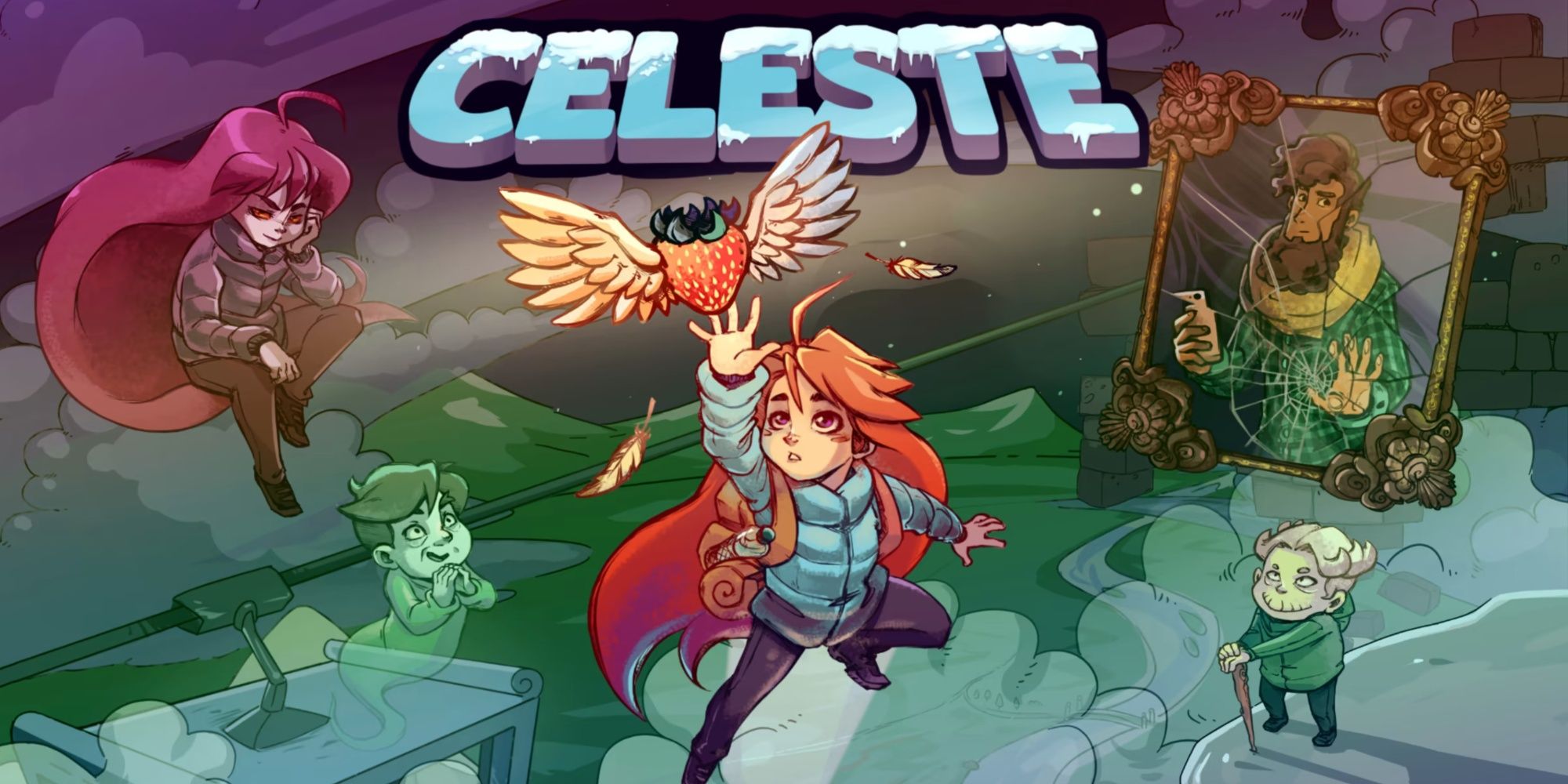
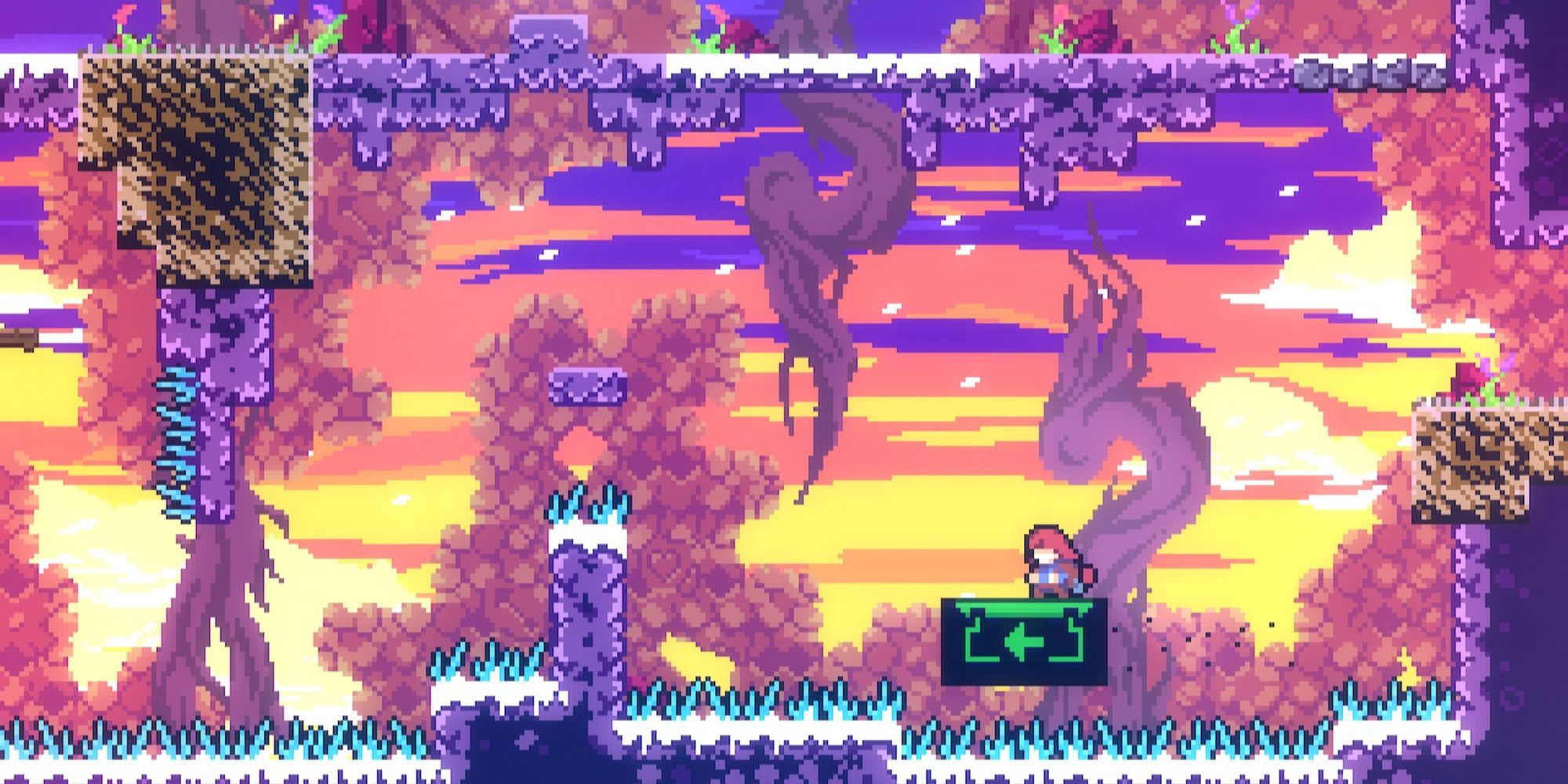


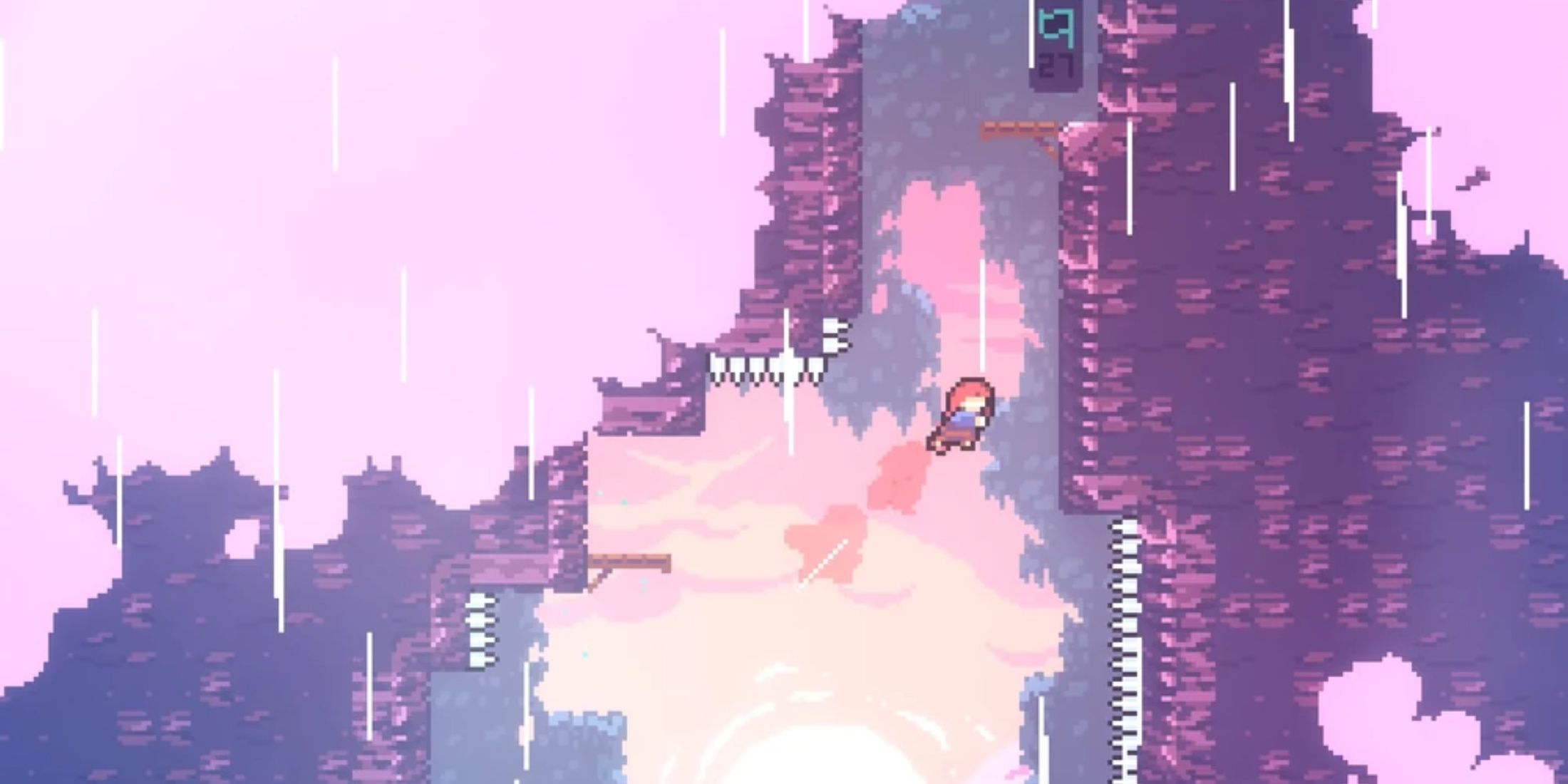
In the design of Celeste, inclusivity is seamlessly integrated, surfacing both in its storyline and gameplay mechanics. The main mountain, named Celeste, serves as a literal hurdle; yet, it symbolizes the progressively steeper struggles encountered in dealing with social anxiety, identity issues, and feeling drained amidst a relentless world that demands so much. These topics are tackled metaphorically within the game and also addressed directly through its narrative.
In the story of Celeste, the main character Madeline is frequently troubled by a darker counterpart and grapples with her past. However, the vibrant, colorful imagery implies that Celeste is essentially about conquering challenges, whether they are physical or psychological, and achieving self-acceptance. Many players from the LGBTQ+ community and those dealing with identity issues or dysphoria have found a deep connection in Madeline’s journey, but the game’s emotional heart speaks to people of all backgrounds.
5. Watch Dogs 2
Hacking Away At Systematic Racism And Bias In Tech
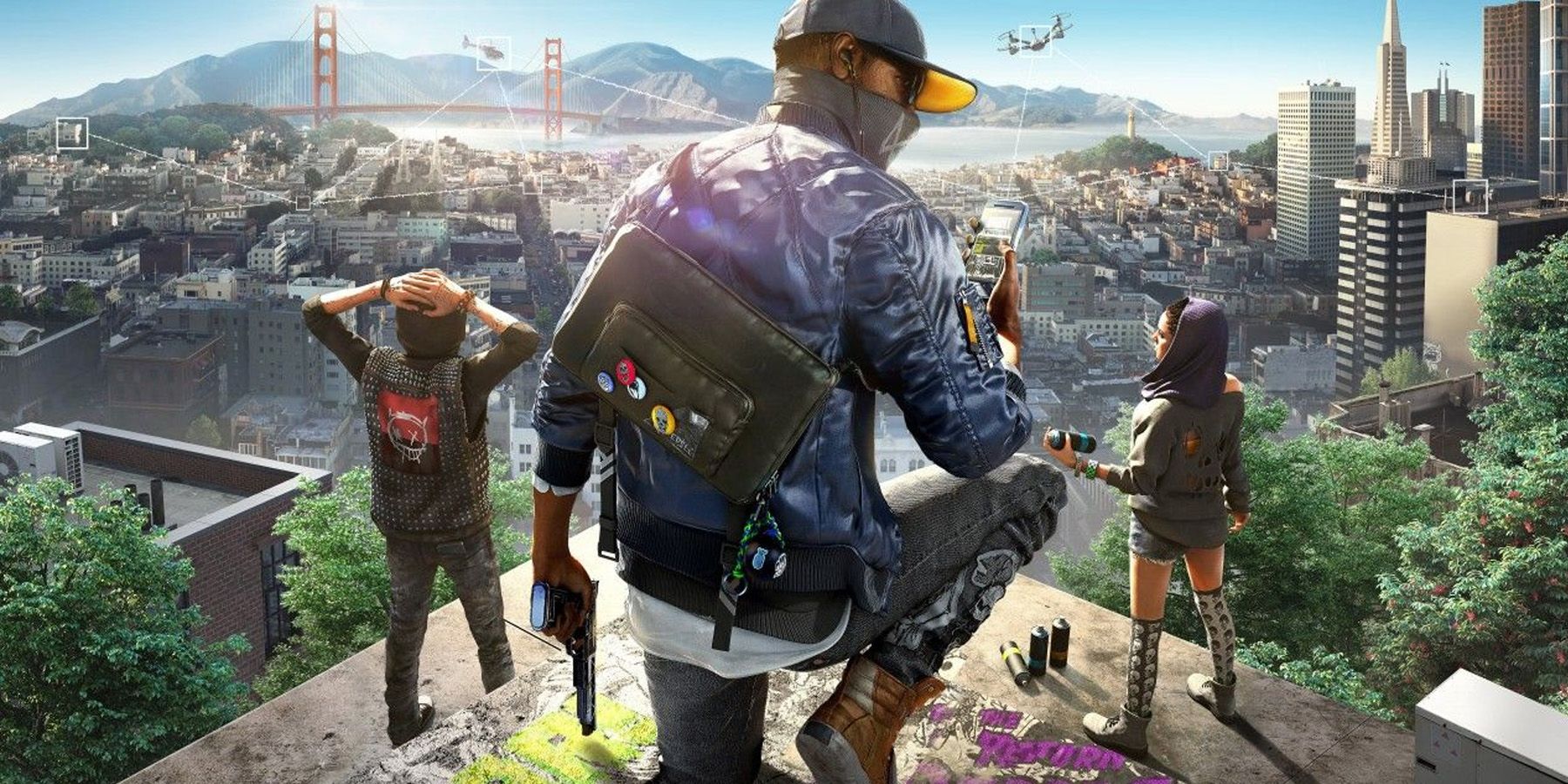
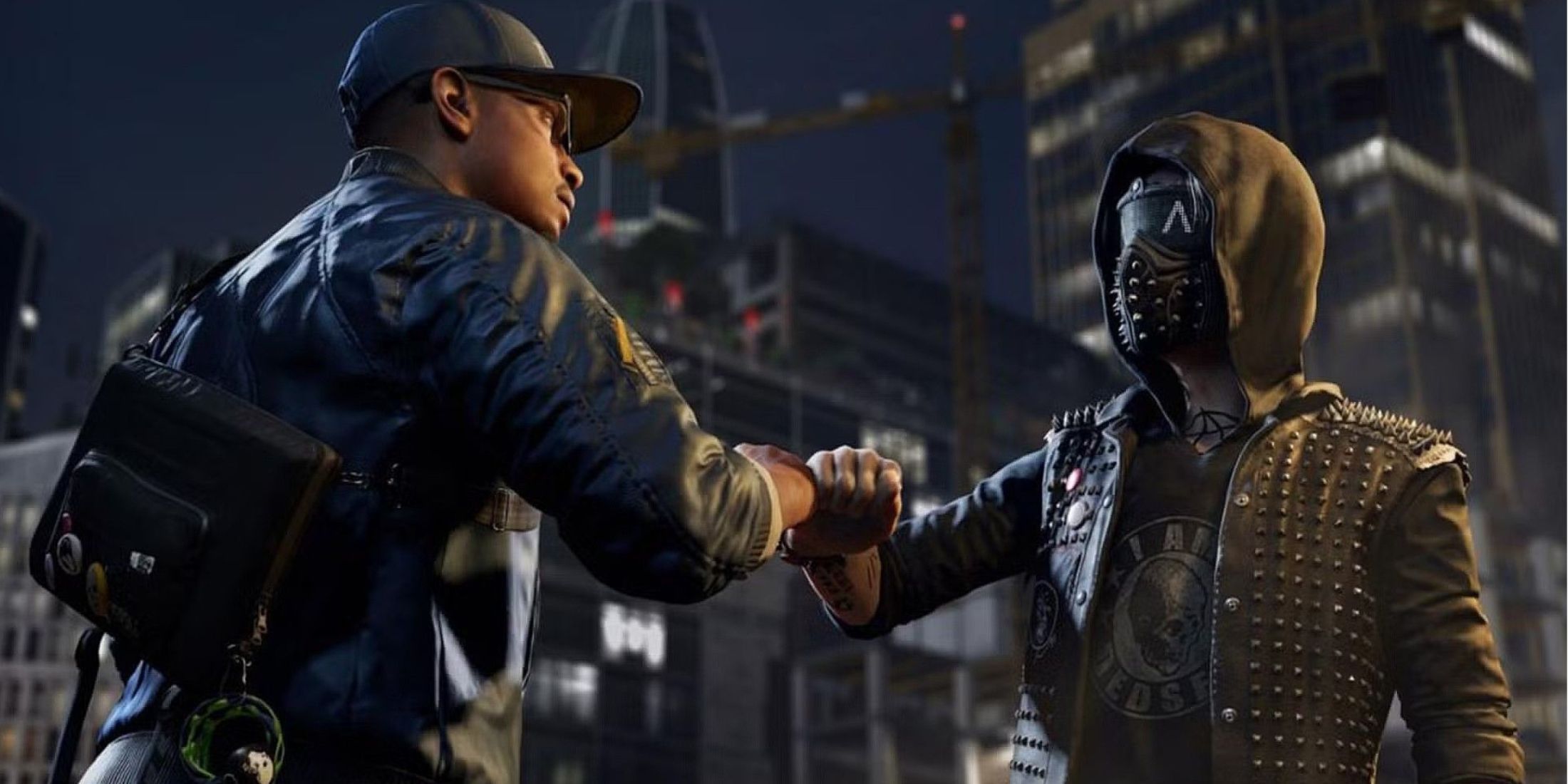
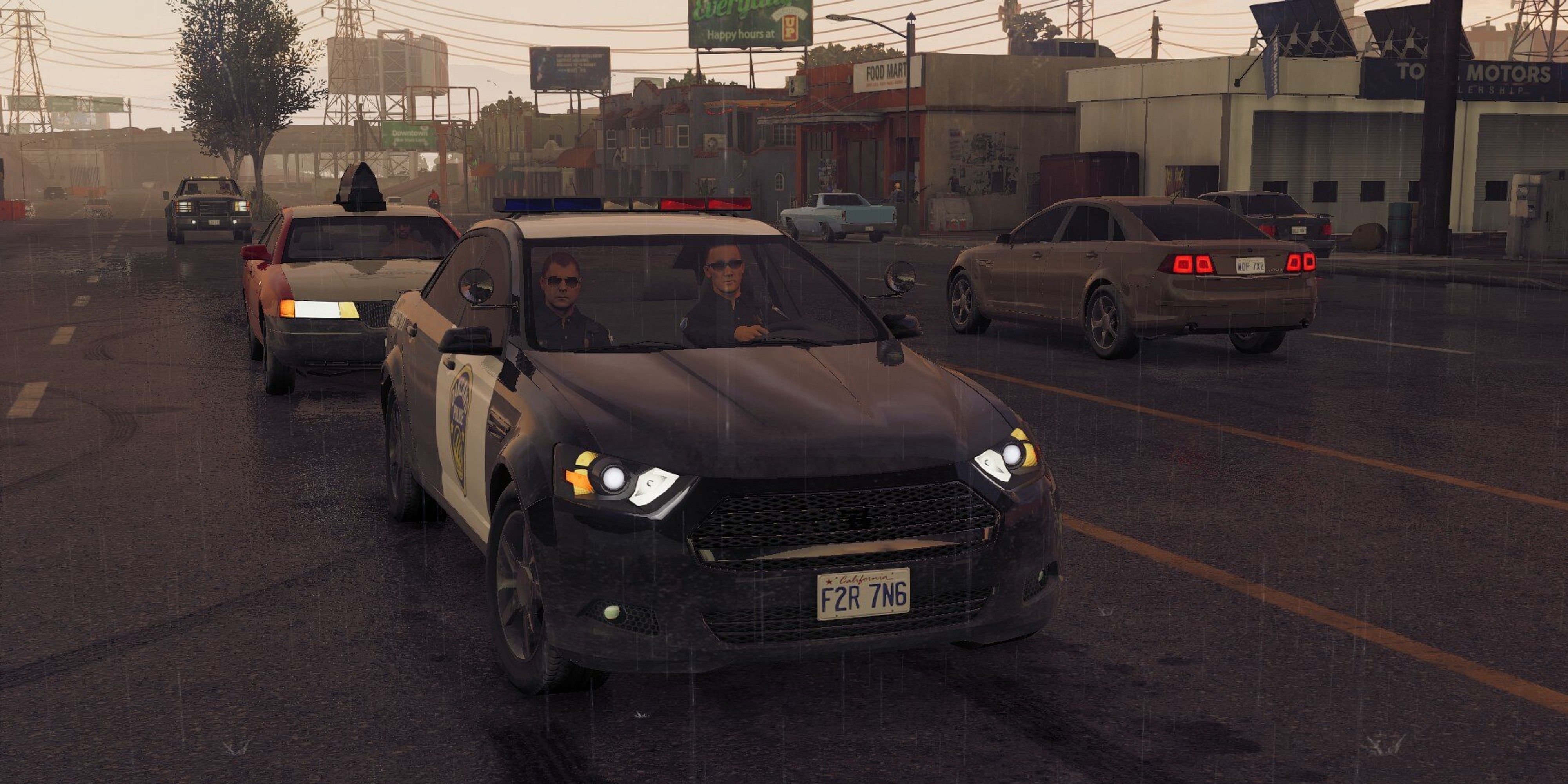
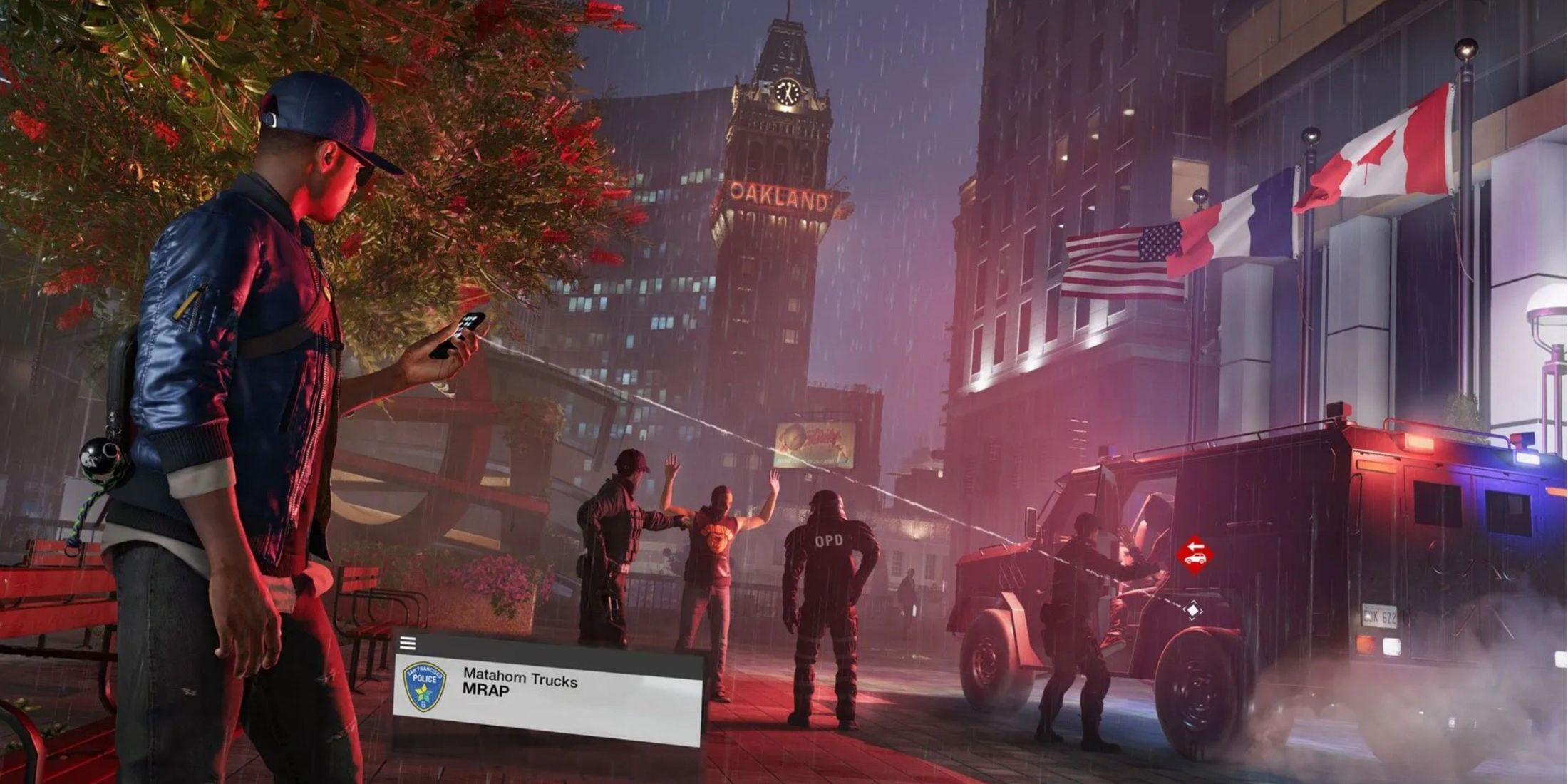

A frequently misunderstood aspect about technology is that it’s believed to be impartial and free from bias. But, the opening event in the game Watch Dogs 2 illustrates an instance where Marcus experiences unjust punishment due to algorithmic racial profiling, which underscores how technological instruments frequently mirror the viewpoints and prejudices of their creators.
In Watch Dogs 2, the theme of systemic racism is subtly woven into the gameplay, showcasing issues like workplace discrimination and biased facial recognition. Unlike its dark, monochrome predecessor with its brooding antihero, this sequel offers a lively protagonist and cityscape that embody diversity and color. The characters in Watch Dogs 2 mirror the rich tapestry of the Bay Area’s real-world population – including gender-nonconforming artists, neurodivergent individuals, and coders who code-switch – each one possessing depth, autonomy, human qualities, and a role in the hacker revolution.
4. Undertale
Everyone Deserves A Chance To Be Understood
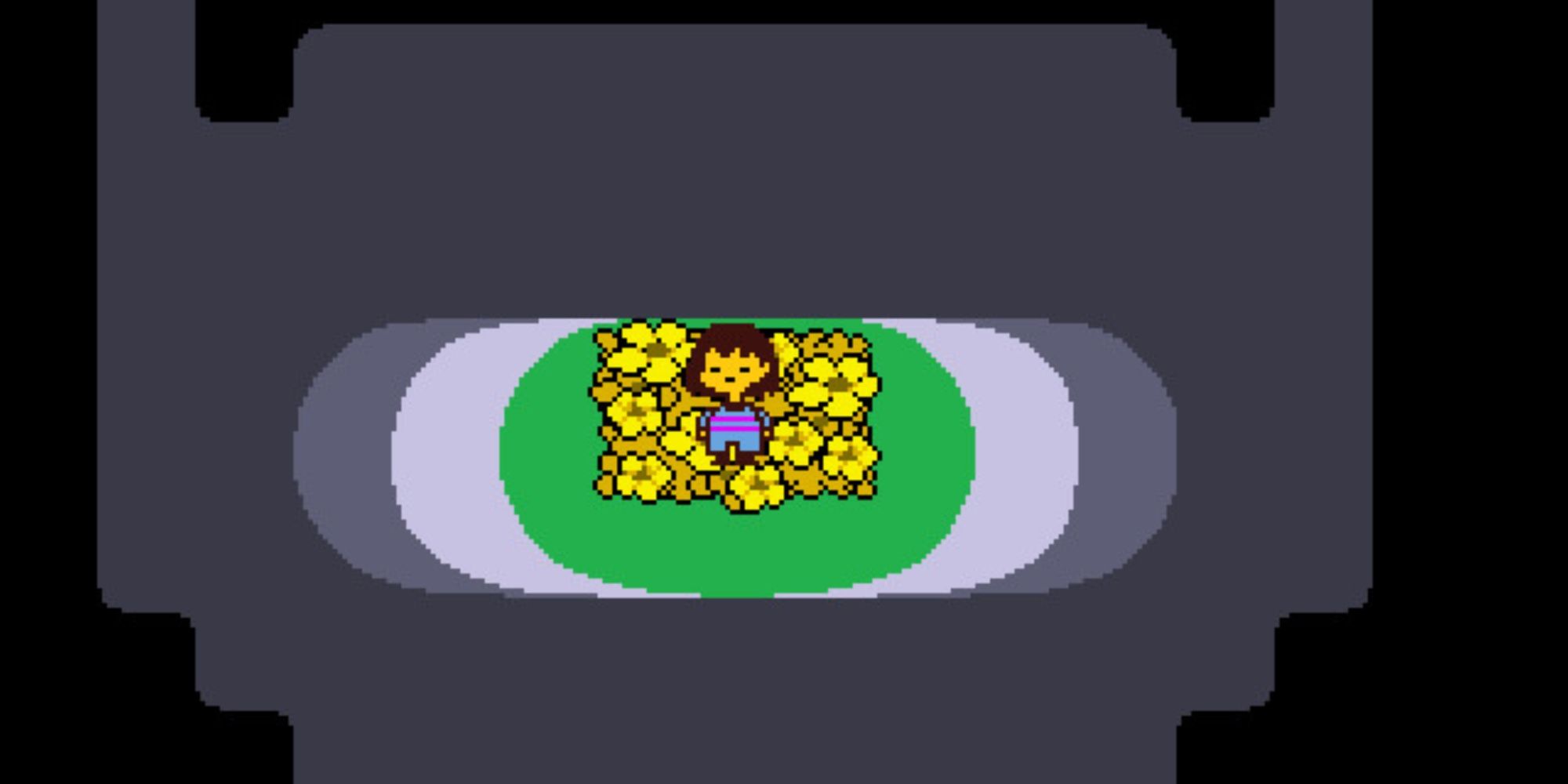

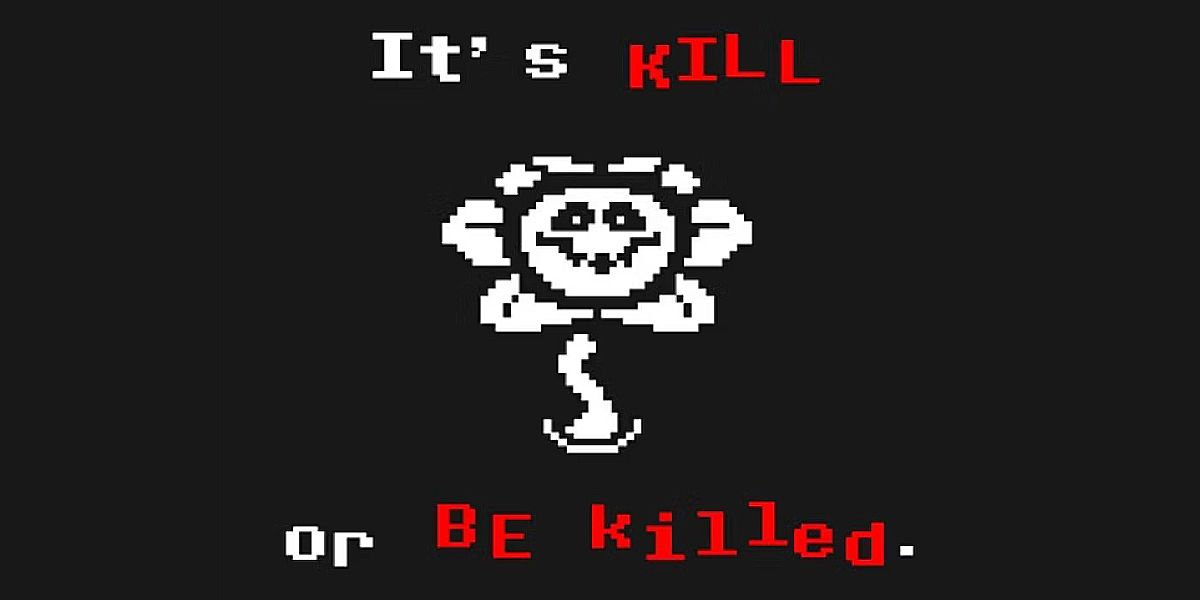
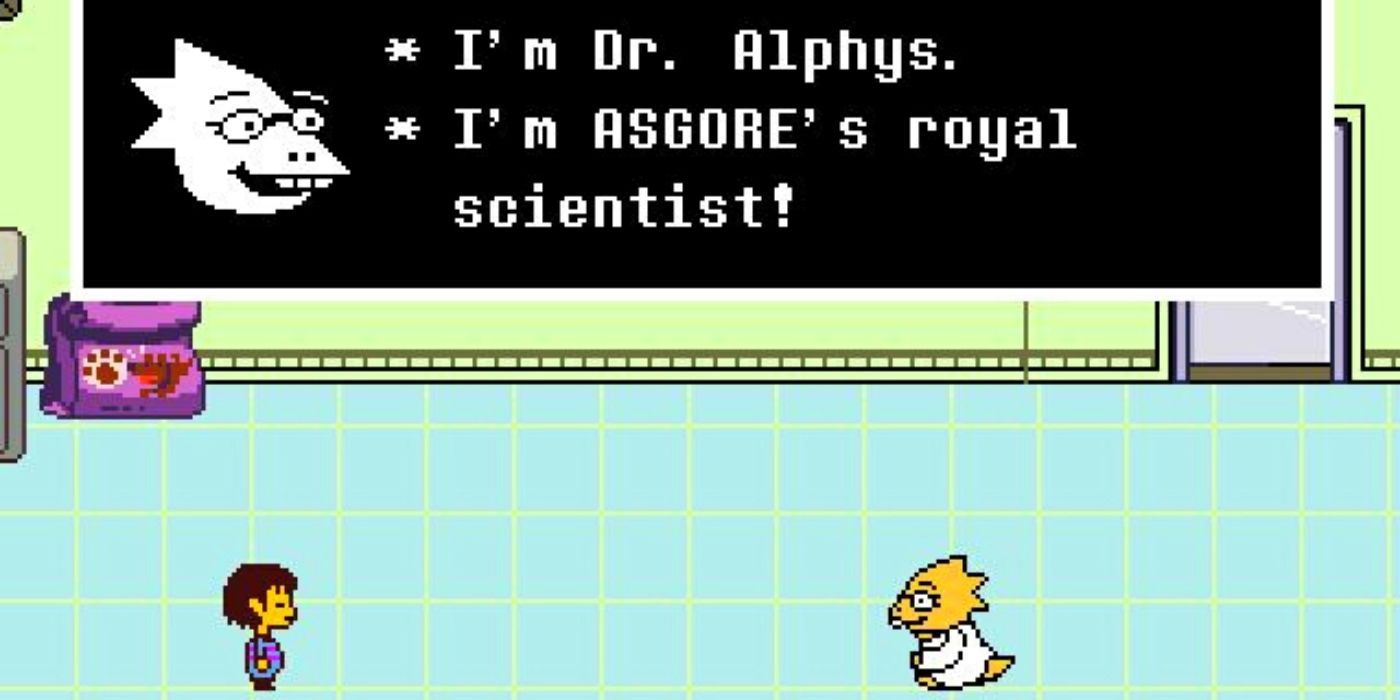
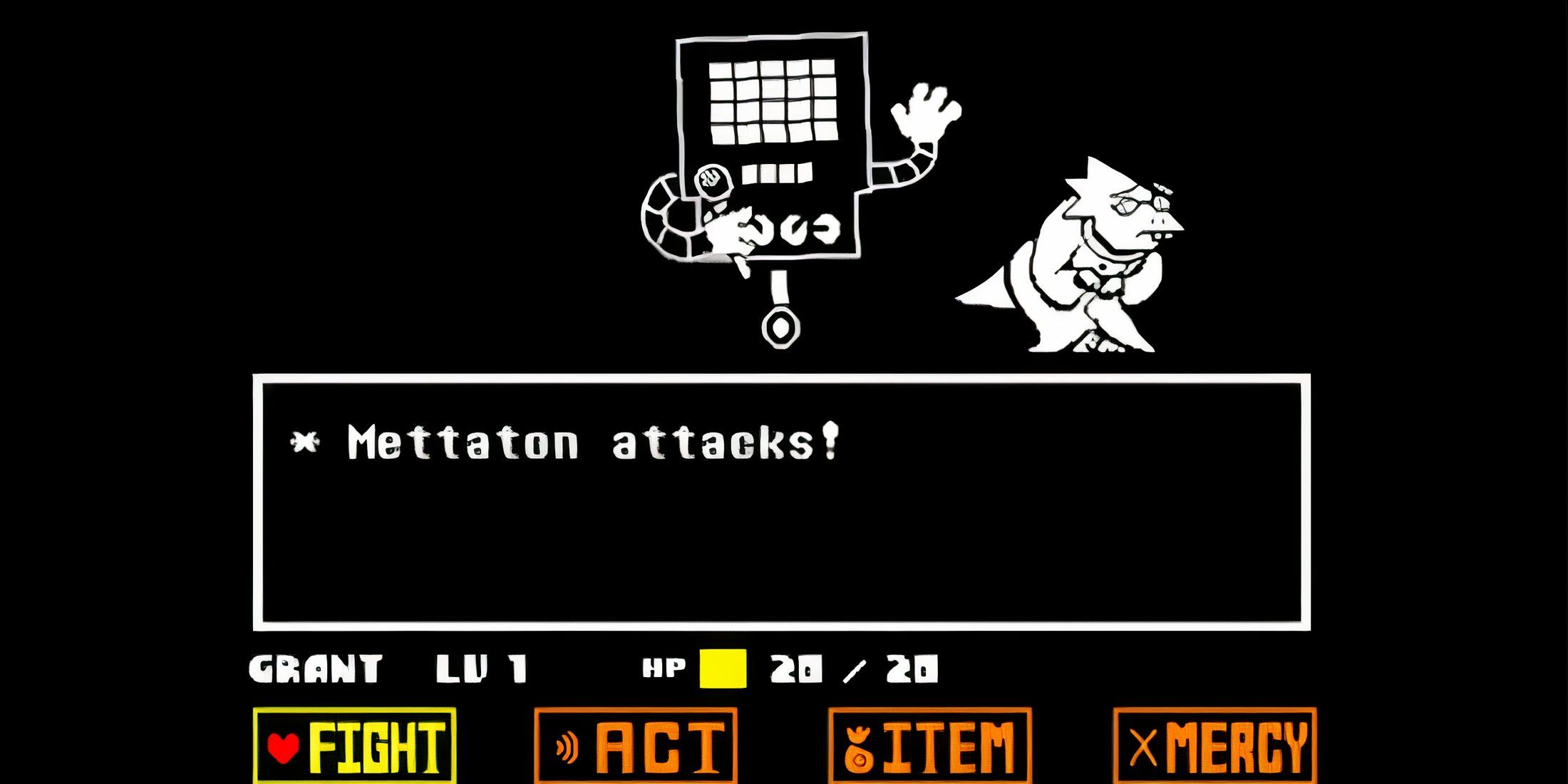
In a nutshell, Undertale seems like an old-school role-playing game with a straightforward appearance. But its unique feature – sparing instead of fighting opponents – significantly challenges the traditional “fight-to-win” mentality in gaming. Instead of annihilating characters, players are prompted to discover more about them, often requiring empathy, patience, or wit rather than force. This thoughtful approach fosters a sense of expanding understanding and promotes peaceful (or at least compassionate) attitudes among the players, although many might not recognize it amidst all the enjoyment and theatricality that the game offers.
In this game, the unique and varied characters such as an anxious dinosaur scientist who’s smitten, a vibrant robot television personality, and a fierce fish combatant are surprisingly endearing and slightly offbeat. Undertale beautifully combines themes of queerness, discomfort, and emotional exposure within its grand (and frequently comical) narrative, making characters and situations that are typically marginalized feel more commonplace.
3. The Walking Dead
Everyday Folks At The End Of The World


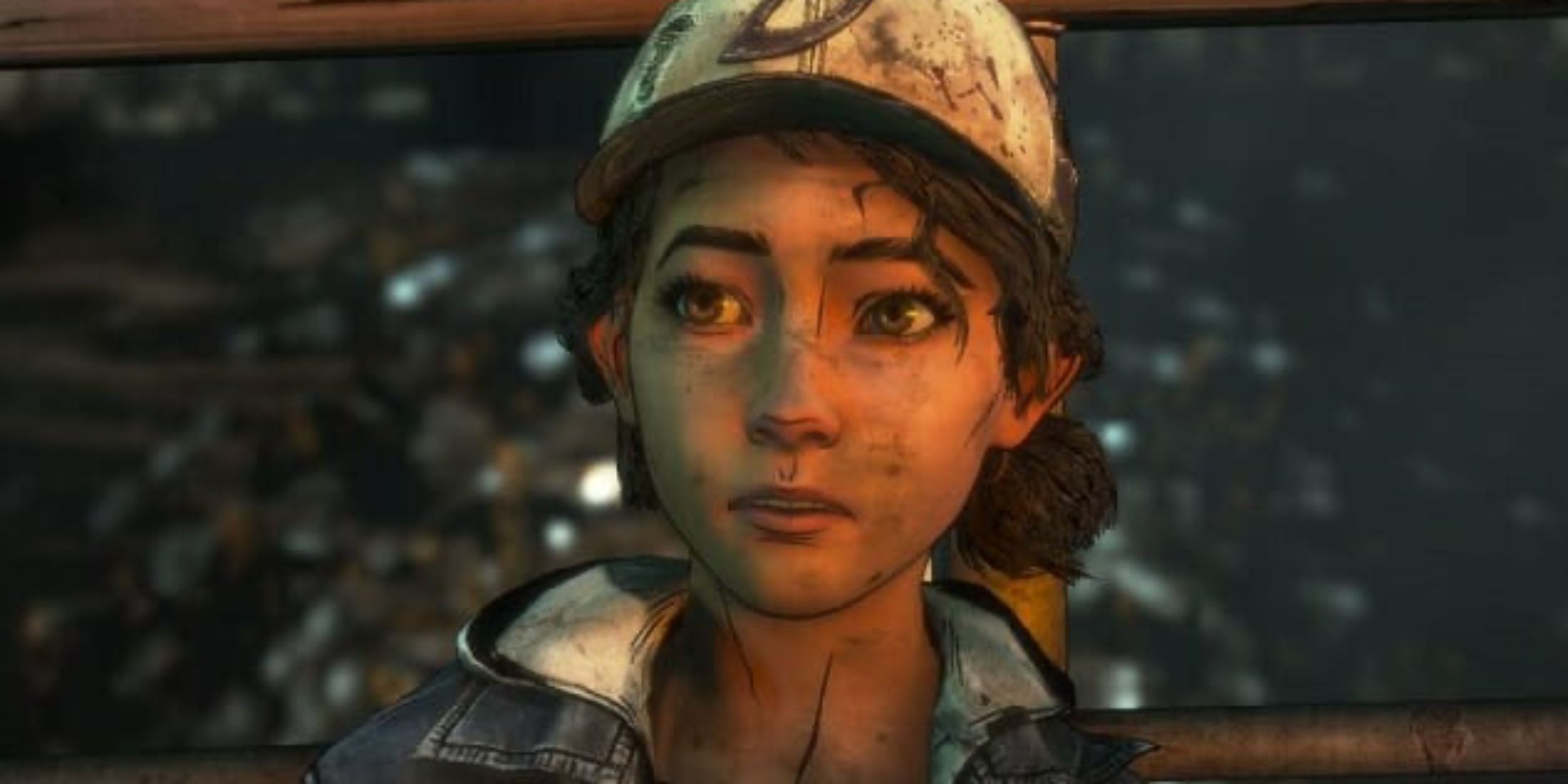
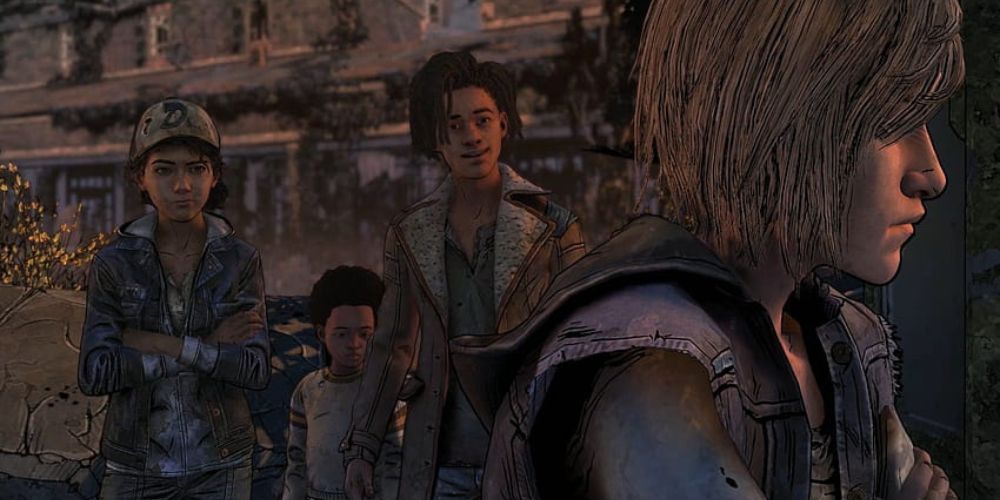
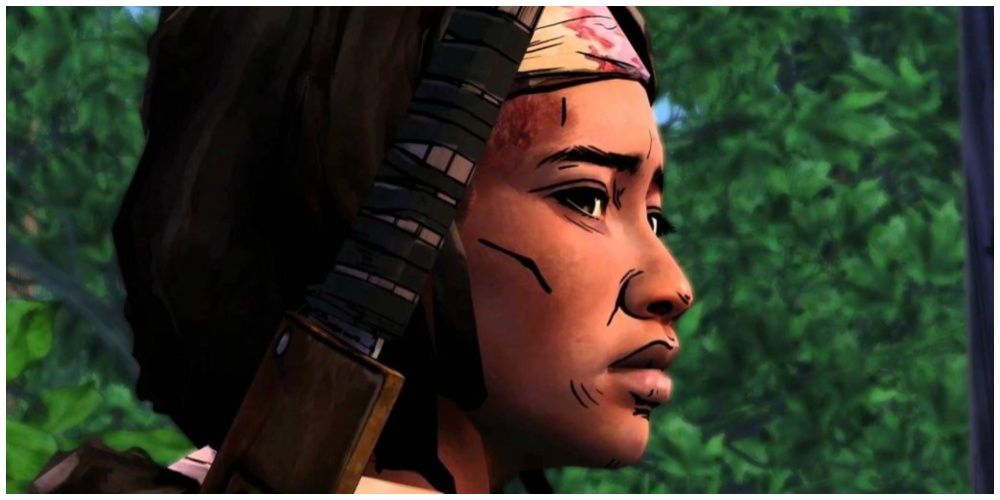
In a more relaxed and conversational tone: The show “The Walking Dead” doesn’t specifically focus on making profound statements about diversity or inclusivity. Instead, it features a diverse cast of characters, including individuals of various skin tones, genders, and orientations, all surviving together in the midst of a zombie apocalypse. At times, this representation alone is enough. Characters like Lee, Clementine, Michonne, AJ, and Javier are simply people who evolve, learn, experience love, and endure hardships.
As a gamer, I’ve found that The Walking Dead stands out among other zombie horror games because it puts me in the shoes of a character for once, rather than controlling an action hero. What sets this game apart is its deep, relatable characters, brought to life through exceptional writing, animation, and voice acting. Each character feels real, with their own flaws, strengths, and struggles to survive and do what’s right in a world turned upside down by the zombie apocalypse.
2. Disco Elysium
Poverty, Politics, And Philosophy In A Saturday Night Fever Dream
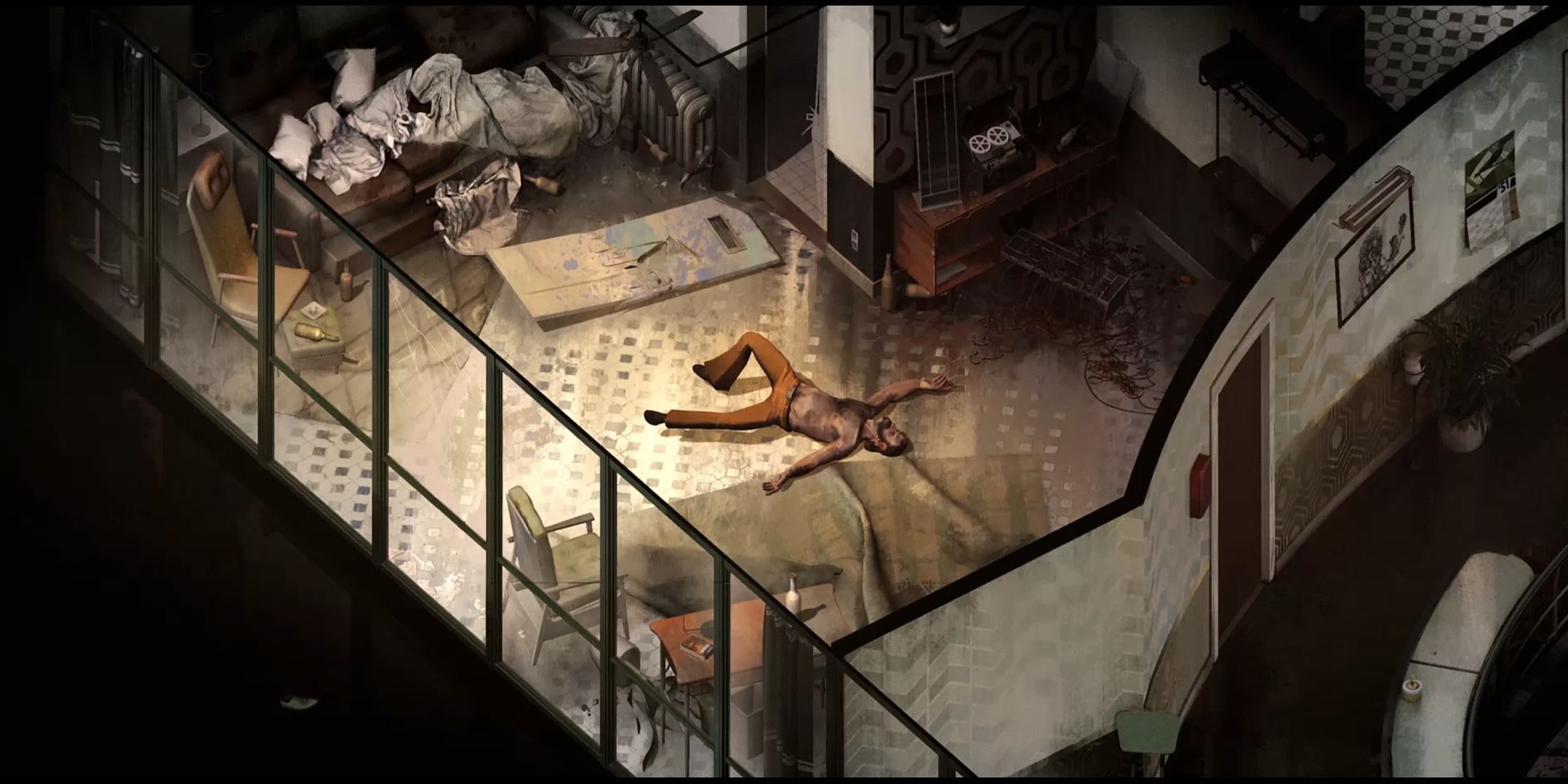
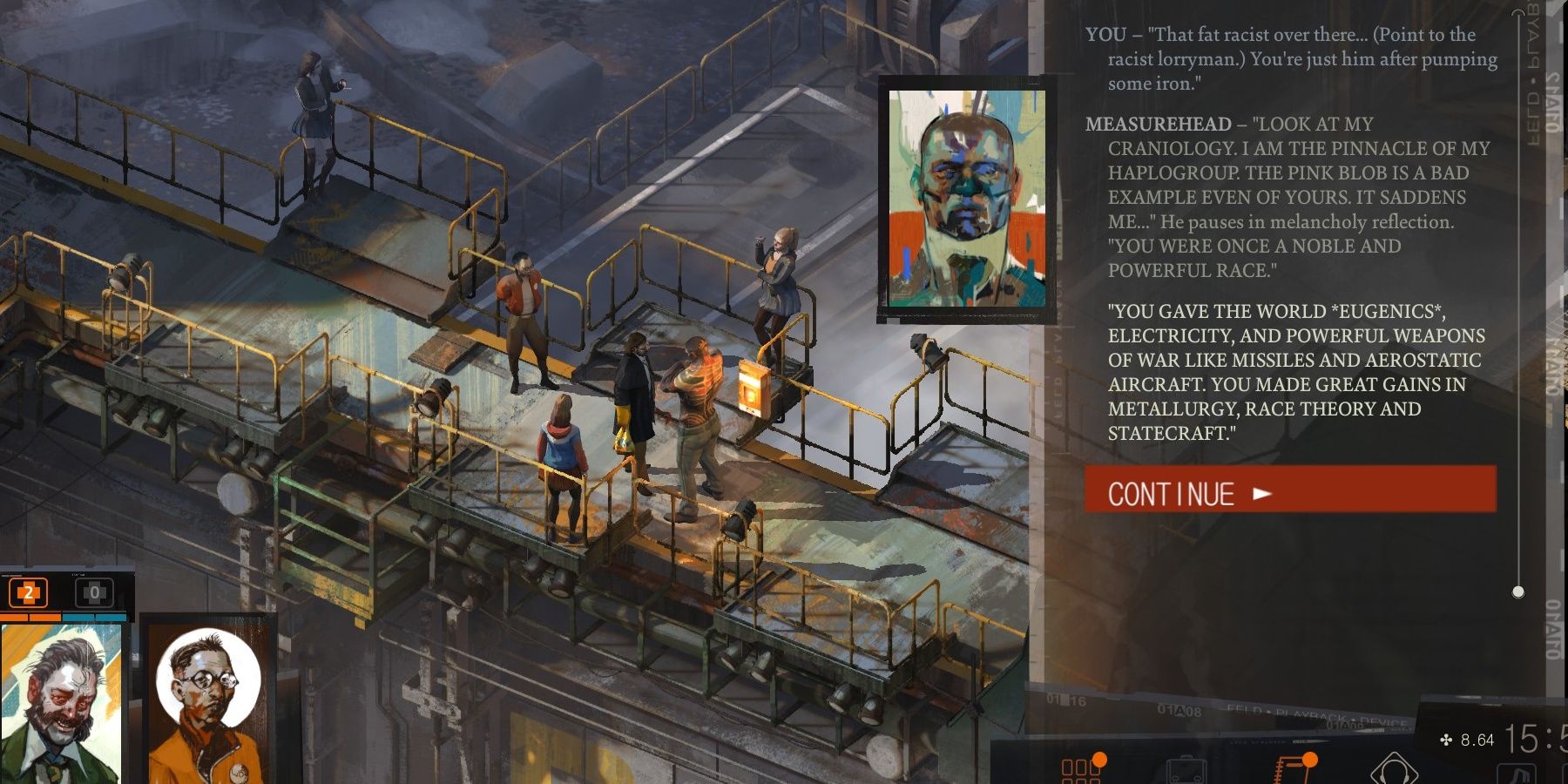
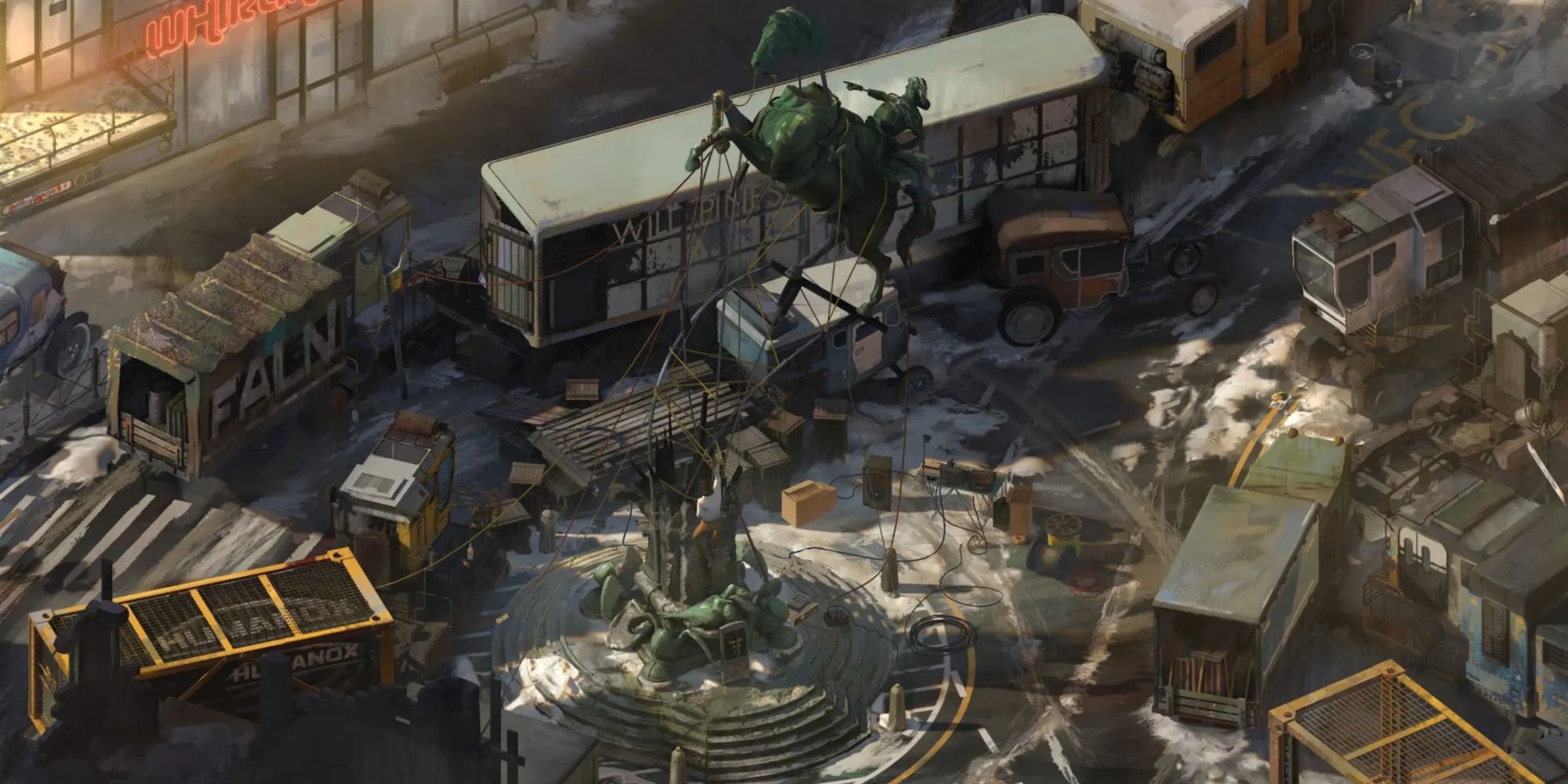
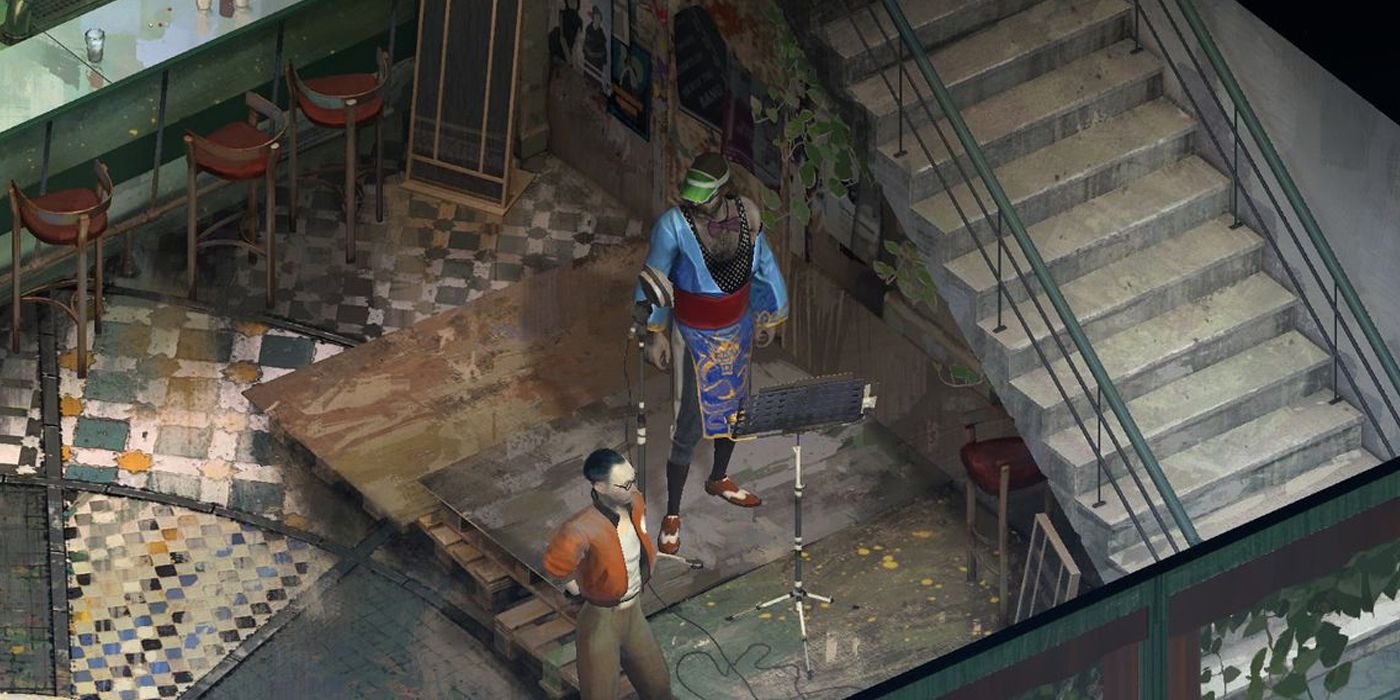
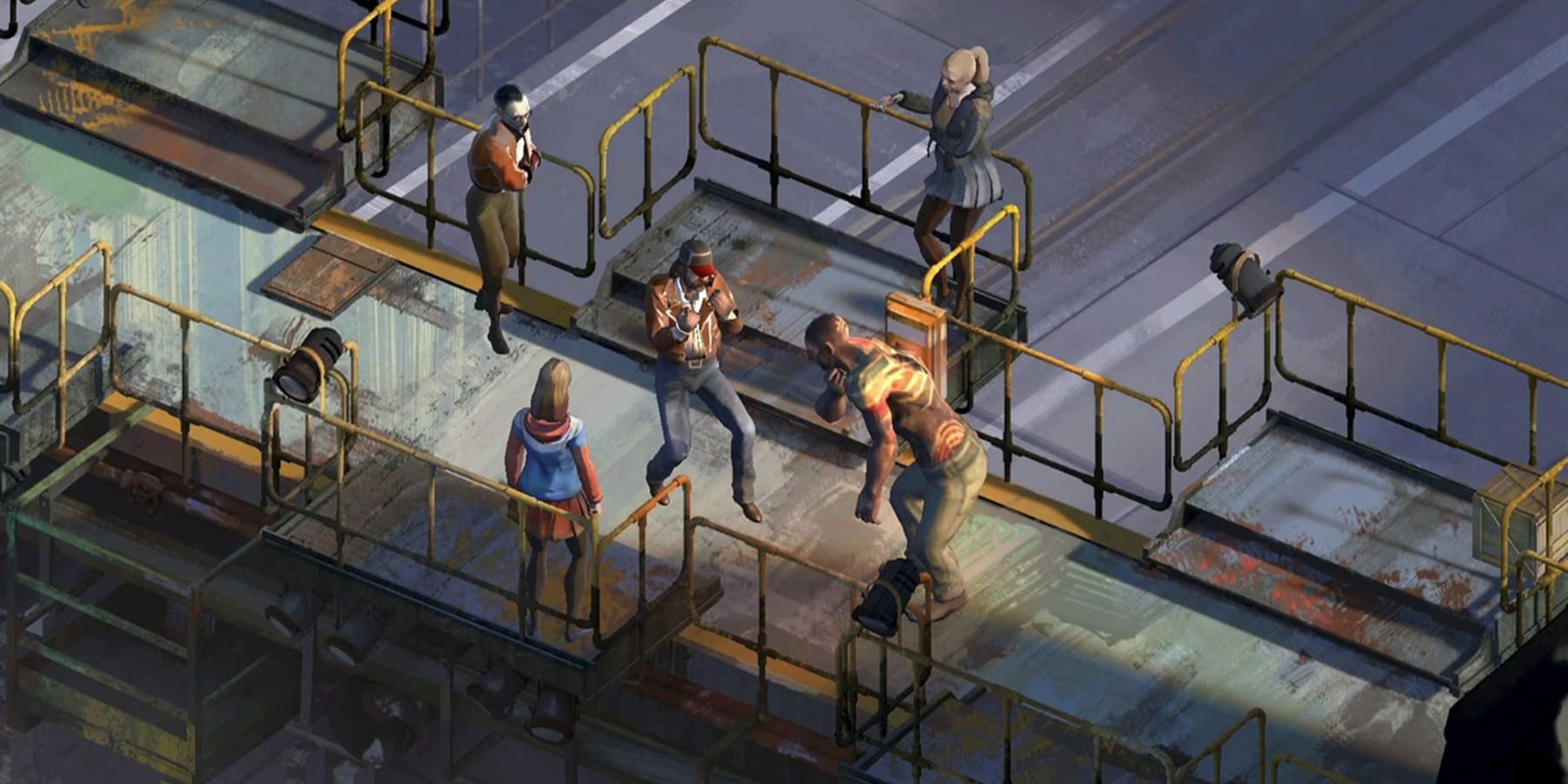
In terms of initial appearance, Disco Elysium doesn’t immediately appear progressive, as its main character seems like a typical video game hero: white, male, armed or perhaps just smelling questionable. Yet, within the first few moments of play, it becomes clear that this cop character is far from a privileged figure of the patriarchy. The game often underscores that he, along with many other men in Ravachol, is as much a victim as a perpetrator of the system, serving as a tool for capital to exacerbate exploitation and division.
In Disco Elysium, the political perspective is clearly presented in each character, as if they view the world through a lens tinted with pessimistic Marxism. This outlook might be influenced by their material circumstances or vulnerability to propaganda that promotes division and conquest, regardless of whether they hold racist or ultraliberal views. The game employs sharp wit and unflinching frankness to depict some of the most authentic LGBTQ+ characters in gaming. Through these characters, it addresses weighty themes such as systemic poverty, trauma, and the legacy of racism, all while maintaining a humorous tone without becoming overly didactic or allowing players to avoid confronting these issues.
1. The Sims Series
Love And Variety Are Just A Part Of Life (And Life Simulations)
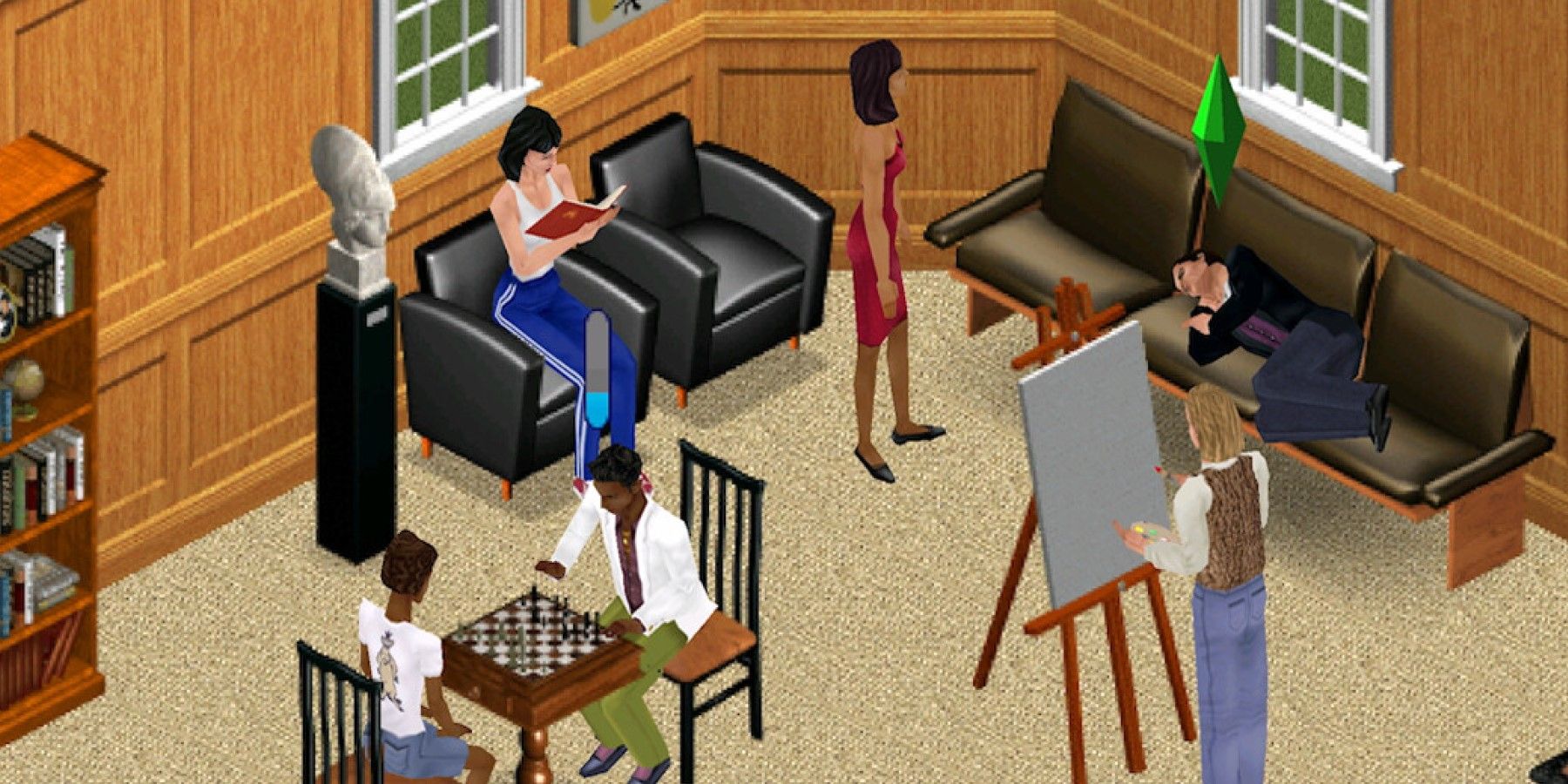
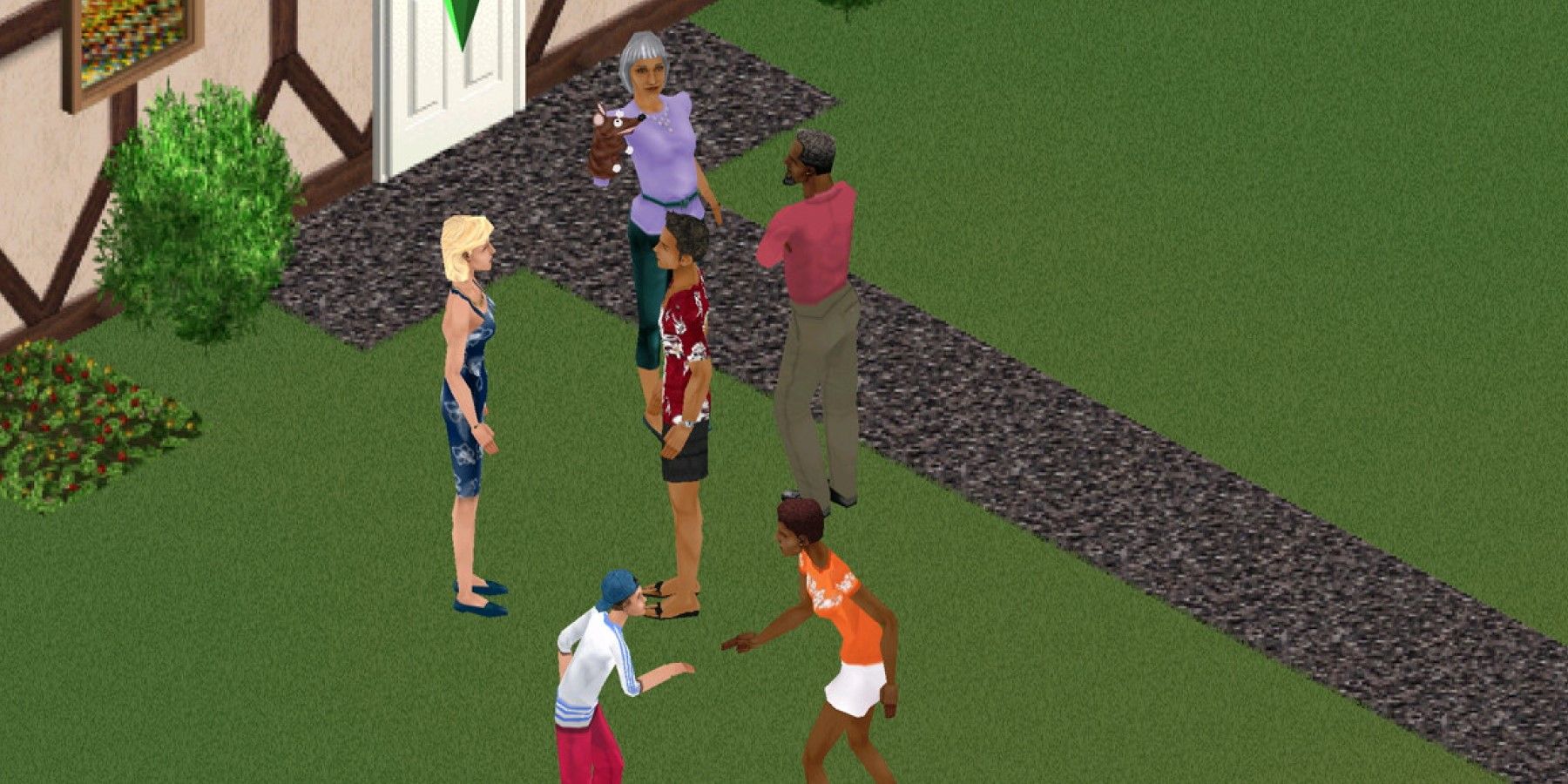
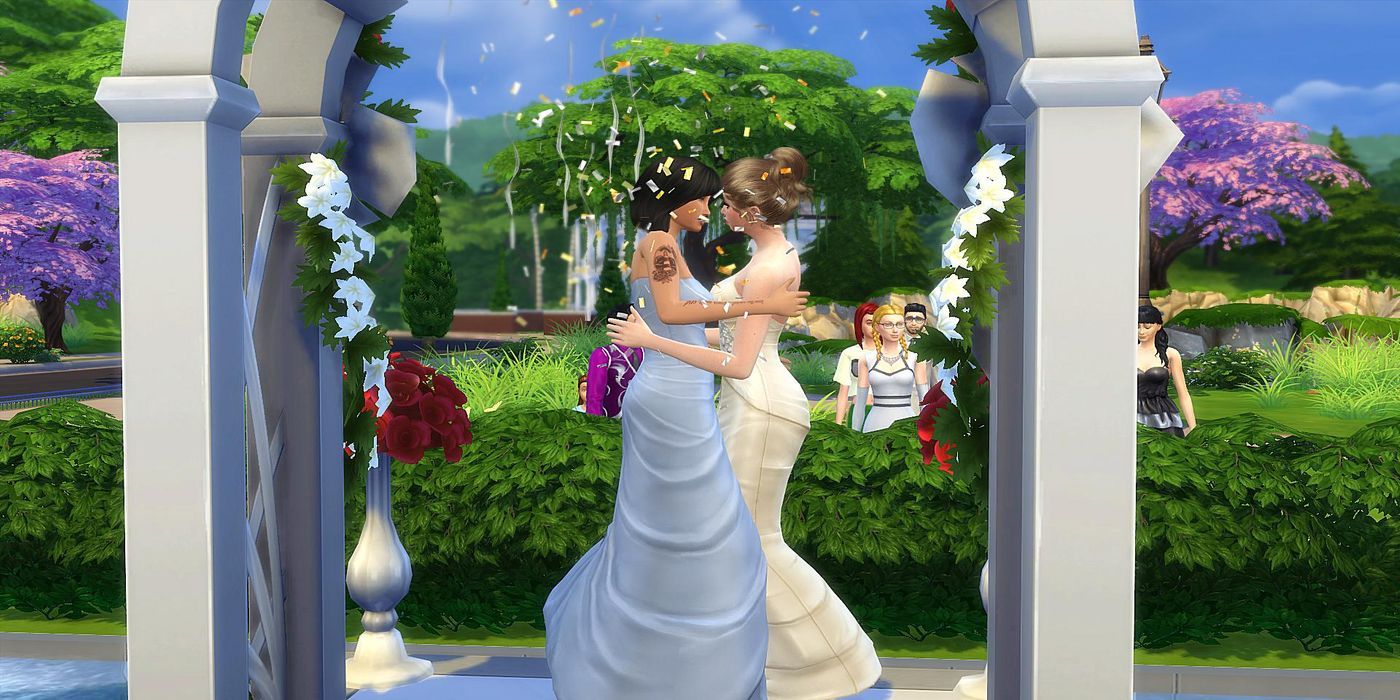
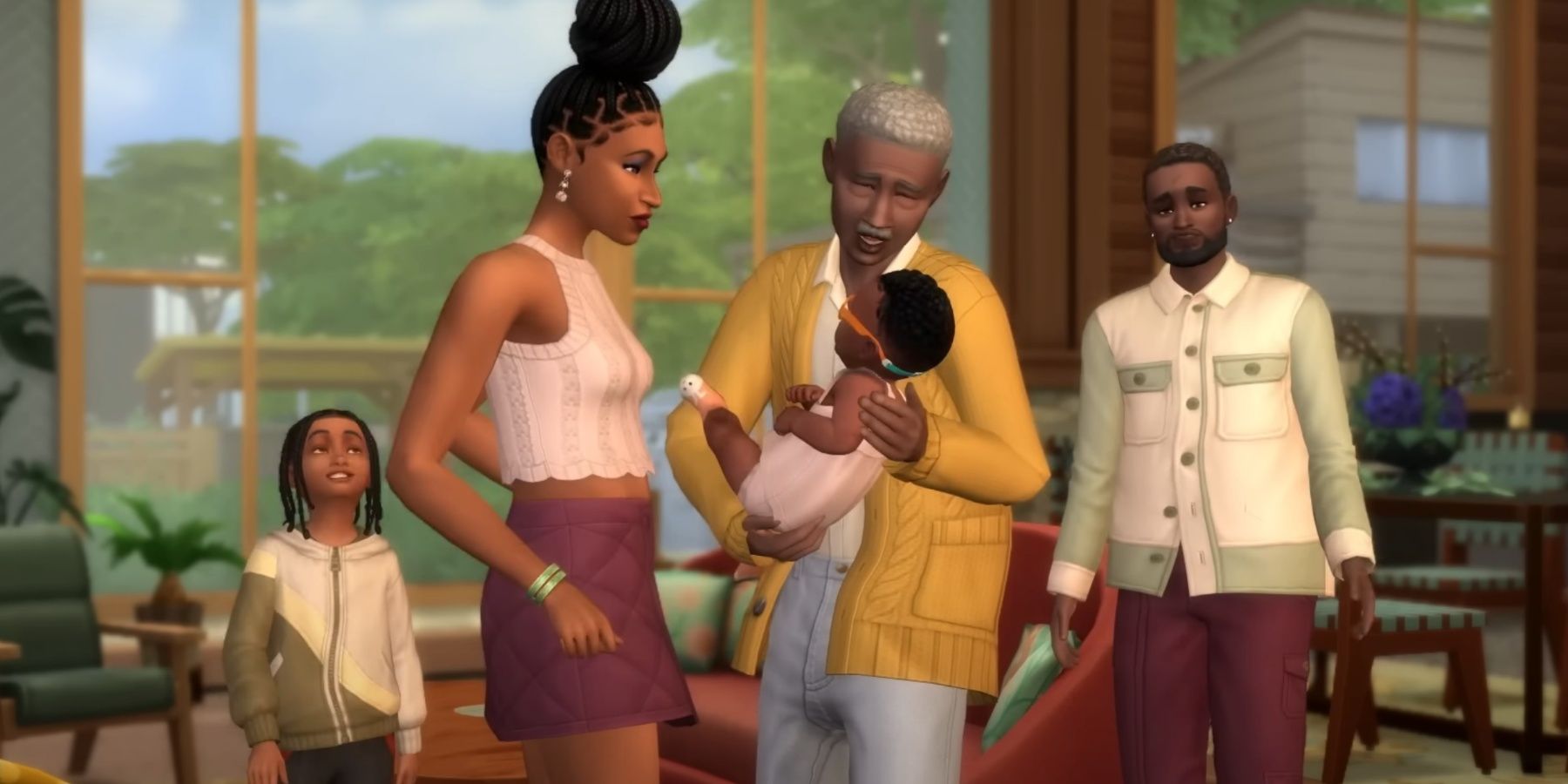
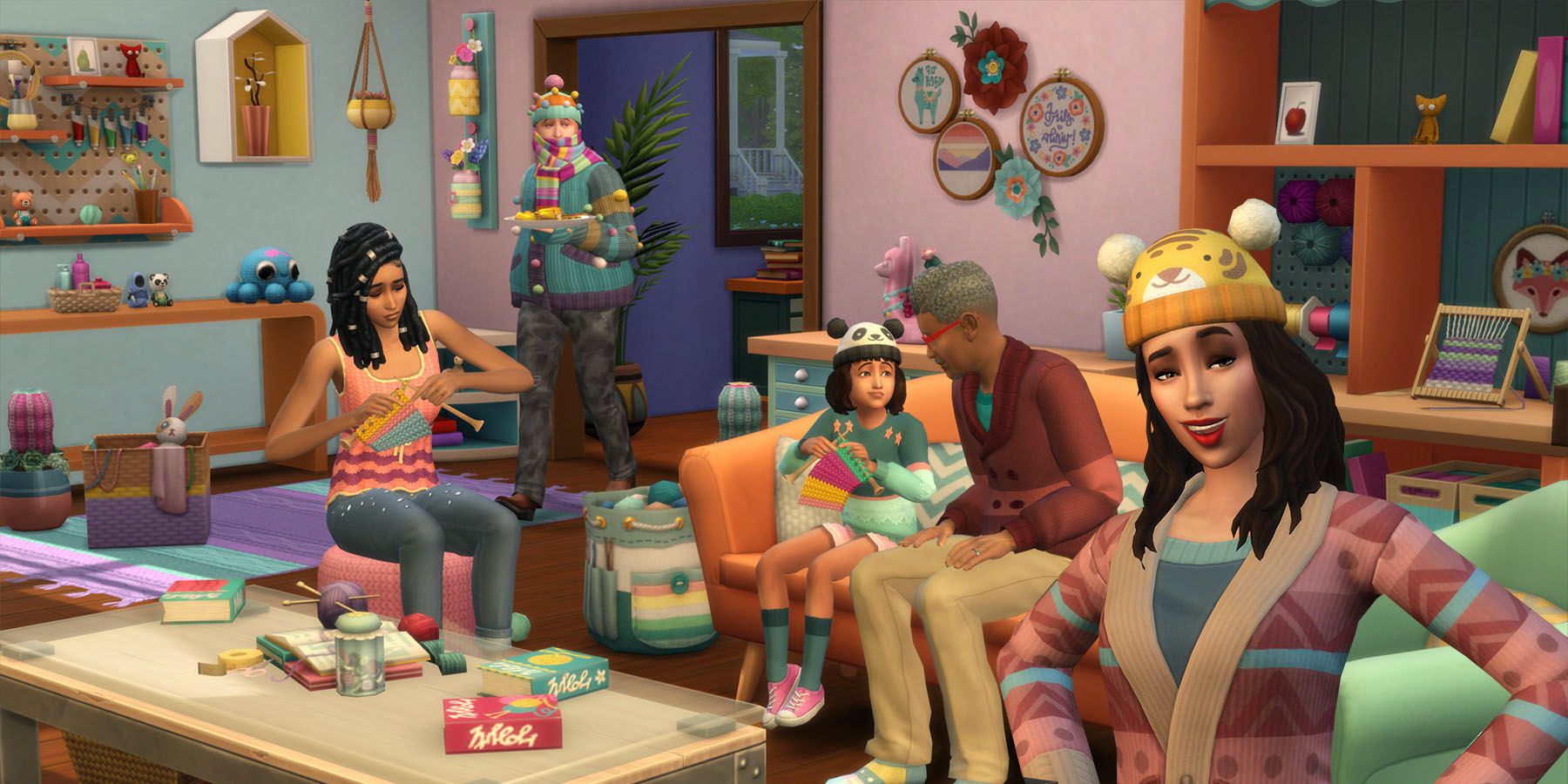
Initially, The Sims was designed to mimic an American suburban family in the 1950s; however, it has covertly established itself as one of gaming’s most inclusive brands. For instance, The Sims characters aren’t defined by specific genders, and their romantic and gender preferences are developed through gameplay rather than being predetermined. This flexible system enables same-sex relationships and gender diversity without making them seem unusual or exceptional.
In simpler terms, every Sim (the characters in the game) gets a grant that doesn’t depend on their background, which lets them buy a home and chase their dreams regardless of past financial struggles or systemic disadvantages. Later versions of the game further developed this base, offering more options for character customization, including various body types, personalities, non-binary identities, and wider cultural representation. Quietly, The Sims makes diverse character depiction, gender variety, and LGBTQ+ themes seem as ordinary aspects of life.
Read More
- Epic Games Store Free Games for November 6 Are Great for the Busy Holiday Season
- EUR USD PREDICTION
- How to Unlock & Upgrade Hobbies in Heartopia
- Battlefield 6 Open Beta Anti-Cheat Has Weird Issue on PC
- Sony Shuts Down PlayStation Stars Loyalty Program
- The Mandalorian & Grogu Hits A Worrying Star Wars Snag Ahead Of Its Release
- ARC Raiders Player Loses 100k Worth of Items in the Worst Possible Way
- Unveiling the Eye Patch Pirate: Oda’s Big Reveal in One Piece’s Elbaf Arc!
- TRX PREDICTION. TRX cryptocurrency
- INR RUB PREDICTION
2025-05-31 10:34